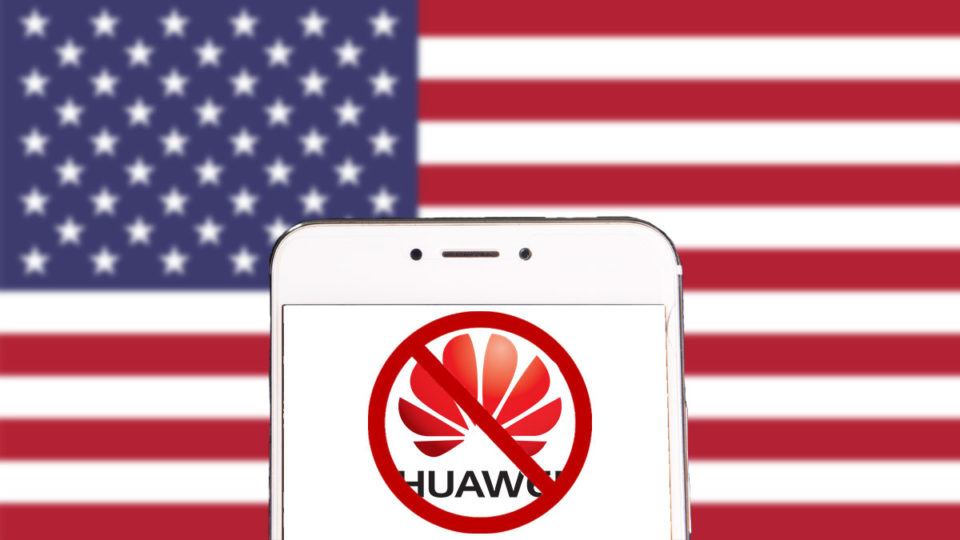The trade war between the world’s two largest economies deepened with the involvement of private players Google and Huawei. Google, located in the United States and owner of the Android operating system, has barred the Chinese company Huawei from getting new updates for its existing users after August 19. It has also announced complete stoppage of future deals with Huawei, the world’s second largest producer of smartphones. Google said that it was following the government’s order.
Android supports a large number of features on smartphones, including YouTube and Google Play. The users of Huawei and Honor phone brands, as a result, would not be able to get fresh updates and newer versions of the Android operating system. It could also jeopardize Huawei’s plans to introduce 5G services in different parts of the world, including India. The sales of Huawei smartphones could be severely affected.
The move came after the Trump administration added Huawei to its Entity List on May 15. The companies listed in it are not allowed trade without a license. The sale or transfer of any US technology to Huawei is denied. The US Department of Commerce stated that it has reasonable basis to conclude that Huawei is engaged in activities that could harm “US national security and foreign policy interests”.
The department further said that its information “includes the activities alleged in the Department of Justice’s public superseding indictment of Huawei, including alleged violations of the International Emergency Economic Powers Act (IEEPA), conspiracy to violate IEEPA by providing prohibited financial services to Iran, and obstruction of justice in connection with the investigation of those alleged violations of US sanctions.”
The department has delayed the immediate ban on Huawei till August 19, making fresh updates available to the existing users for the next 90 days. However, the ban on new products will continue as per the May 15 notification.
The Trump administration has claimed that Huawei indulged in surveillance activities for the Chinese state and provided assistance to Iran, on which it imposed severe economic sanctions last year. It has also sought extradition of Huawei’s executive Meng Wanzhou, who was arrested in Canada in December last year.
Apart from the US, several other countries have either banned or restricted the operation of the company. After Huawei’s inclusion in the Entity List, US companies such as Intel and Qualcomm are also expected to stop supplying their products to it. These companies will lose a large part of their sales if they do so. Huawei buys around USD 67 billion worth of components from different companies around the world, most of which are supplied by US companies. This may affect jobs and revenue for US companies.
The ongoing trade war between the US and China intensified after the Trump administration imposed tariffs on another USD 200 billion worth of imports from China from the midnight of May 9. Following this, almost all the imports from China, amounting to more than USD 500 billion worth of goods, are covered under tariffs imposed by Trump. US tariff rates are as high as 25% on certain goods, making them expensive for the country’s consumers.
The tariff war started last year after the US blamed China for indulging in illegal practices and harming US economy. China retaliated with its own set of tariffs on more than USD 60 billion worth of goods imported from the US on May 13.
The Trump administration’s moves against Chinese imports are seen as an attempt to revive manufacturing in the US. It believes that transfer of production of goods to China is the main reason for the rising job crisis in the country. However, several critics have termed Trump’s moves as knee-jerk reactions which will harm rather than revive US economy. The two countries started negotiations in December last year to find a middle way. However, several rounds of negotiations have ended without any concrete results so far.
The Trump administration’s unilateral imposition of tariffs is viewed as a severe blow to international trade regimes, such as the World Trade Organization (WTO) norms, which were agreed upon and signed by most of the countries, including China and the US. Neoliberal economists promoted WTO as the basis of free trade and the integration of the world economies. US’ apparent lack of faith in the existing dispute settlement mechanisms available within the WTO have put a question mark on the future of globalization and its ideological basis, namely neoliberal economics.





